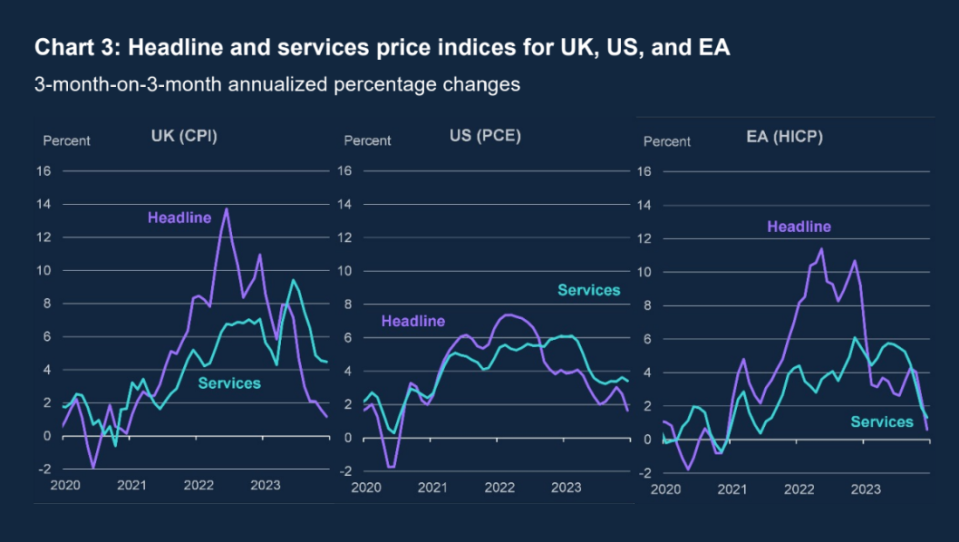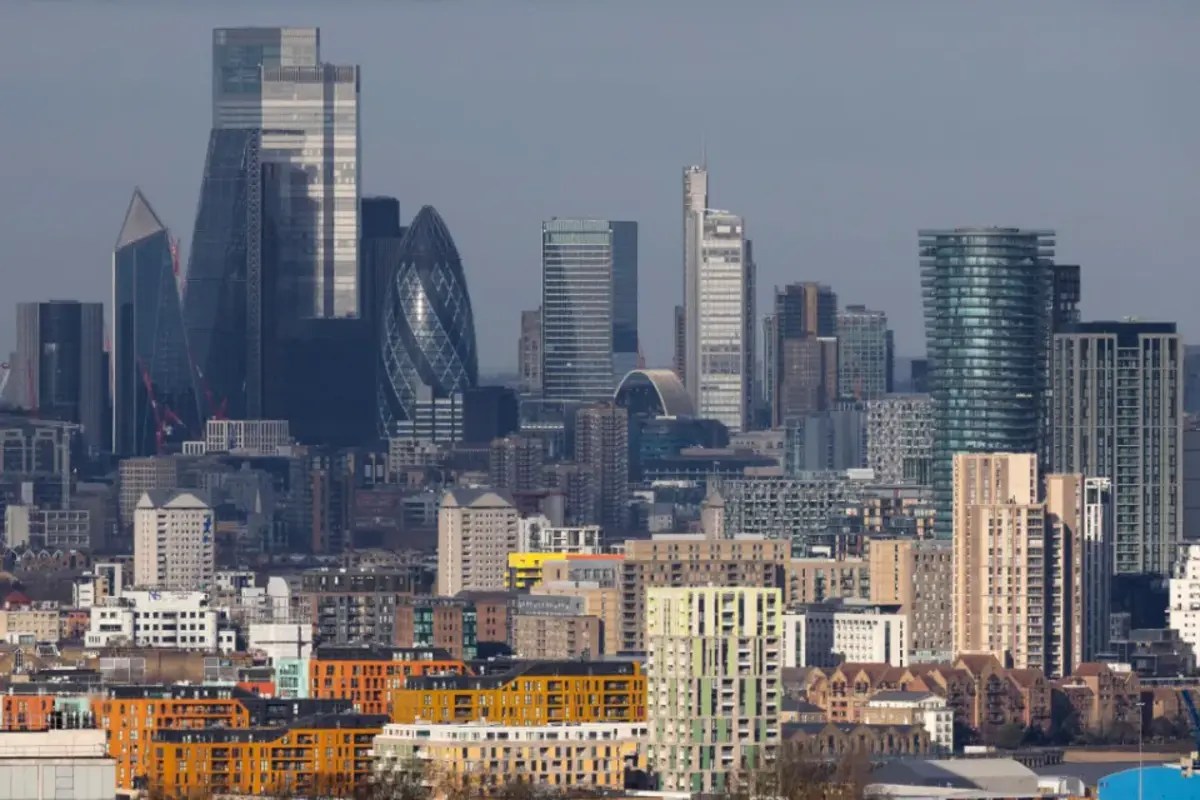Bank of England’s Mann warns of ’embedded’ inflation risk if demand picks up
"Real household incomes continue to rise as inflation falls, consumer confidence has improved, indicators of services activity have come in strong, and forward-looking measures of output and employment paint a positive picture," Mann said.


Improving prospects for the UK economy could strengthen demand and risk “continued inflation momentum”, a Bank of England rate-setter cautioned today.
Catherine Mann, one of two members of the Bank’s Monetary Policy Committee (MPC) to back a further interest rate hike last week, pointed to a number of recent pieces of evidence on the UK economy which suggest demand could pick up in the coming months.
“Real household incomes continue to rise as inflation falls, consumer confidence has improved, indicators of services activity have come in strong, and forward-looking measures of output and employment paint a positive picture,” she said in a speech to the Official Monetary and Financial Institutions Forum (OMFIF).
Mann said these factors pointed to stronger demand over the coming months. “Against a backdrop of sluggish supply growth and possible upside shocks, I see risks of continued inflation momentum and embedded persistence,” she warned.
She acknowledged that her decision to back a further hike was a “finely balanced decision” given the progress on inflation in the final quarter of last year.
Headline inflation has come down significantly from peaks of more than 11 per cent, currently standing at four per cent.
The Bank’s own forecasts suggest that inflation will touch two per cent in the second quarter of the year thanks to lower energy prices, although it will then pick up again slightly.
Mann called attention to the outsize influence of energy prices on the sharp fall in inflation. “Stripping out the energy contribution to CPI inflation shows a much slower deceleration,” she noted.
“Without energy contributions, inflation in fact never reaches the two per cent target within the next three years,” she continued.
Services inflation, which is the strongest indicator of domestic inflationary pressures, is also substantially higher than in the US or eurozone, Mann pointed out. In the UK it is 3.3 percentage points above headline inflation, compared to 1.8 in the US and 0.7 in the eurozone.
This suggests “further persistence in underlying drivers of services inflation,” she said.

Her comments come a week after the Bank left interest rates on hold for the fourth consecutive meeting last week, meaning the Bank Rate remains at a post-financial crisis high of 5.25 per cent.
Although policymakers opened the door to cutting interest rates later this year, Andrew Bailey, governor of the Bank, said rate-setters needed “more evidence” that inflation would fall sustainably to target before rate cuts could begin.



